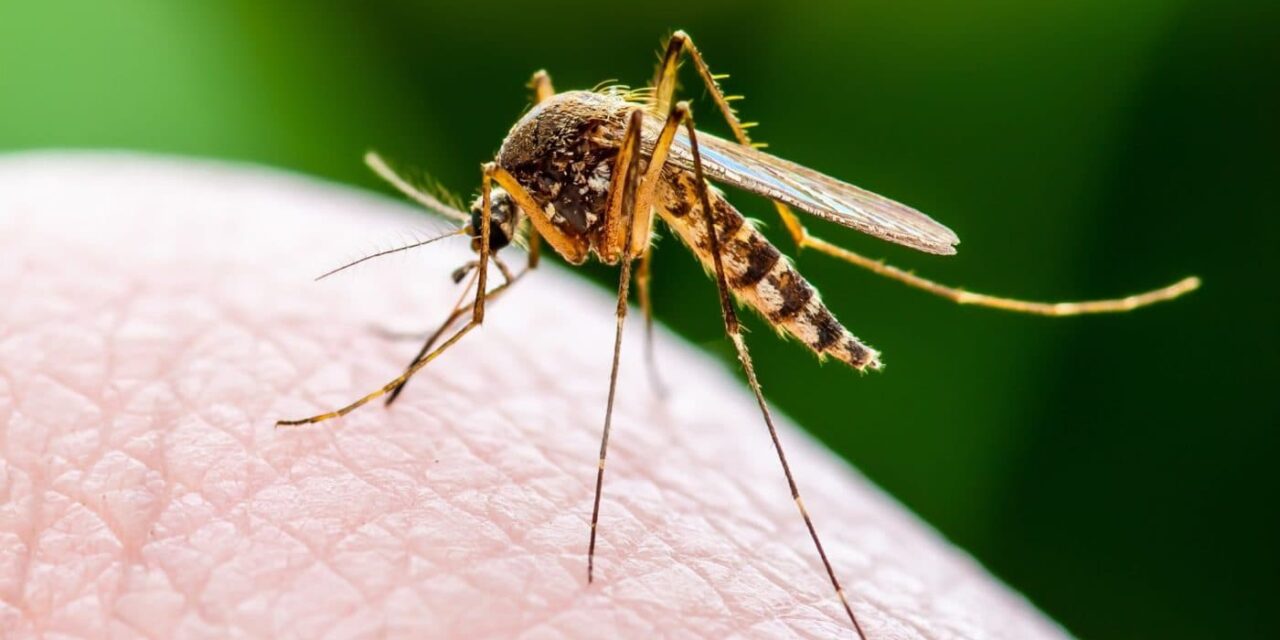Plymouth, MA — A rare and dangerous mosquito-borne disease, Eastern Equine Encephalitis (EEE), has prompted swift action in Plymouth, Massachusetts, as local authorities move to close parks and fields from dusk until dawn. This decision follows the detection of the first human case of EEE in the state since 2020, affecting an elderly man.
State health officials are on high alert, especially as four other towns—Douglas, Oxford, Sutton, and Webster—have been identified as being at critical risk. The presence of the EEE virus was confirmed last month through a mosquito sample, and the virus has since been detected in multiple mosquitoes across Massachusetts.
Jennifer Callahan, the town manager of Oxford, underscored the gravity of the situation, stating that a recent patient had to be hospitalized due to the severe nature of the disease. “The consequences of EEE are incredibly serious,” she said, emphasizing the need for immediate and preventive measures.
With no vaccine or treatment available, EEE presents significant health risks. According to the Centers for Disease Control and Prevention (CDC), the disease has a 30% mortality rate, and those who survive often face permanent neurological disabilities.
In response to the outbreak, residents across the affected towns are being urged to complete all outdoor activities by 6 p.m. until September 30, with the recommended time moving to 5 p.m. afterward as daylight hours decrease. This precaution is part of a broader effort to minimize exposure to mosquitoes during their most active periods.
Eastern Equine Encephalitis is known for its rapid onset and severe symptoms, which can include high fever, headache, and neurological complications. While rare, its impact can be devastating, making it imperative for the community to adhere to the guidelines and take preventive steps, such as using insect repellent and wearing long sleeves during peak mosquito activity times.
The situation is being closely monitored by state health authorities, and further measures may be implemented as needed to protect the public. In the meantime, the temporary closure of parks and fields during evening hours remains a critical strategy in curbing the spread of this life-threatening disease.
Protecting Public Health
The reemergence of EEE in Massachusetts serves as a stark reminder of the ongoing challenges posed by mosquito-borne diseases. As the state continues its battle against this rare but severe illness, public health officials are urging residents to stay informed, take precautions, and support community efforts to ensure safety during this critical time.












